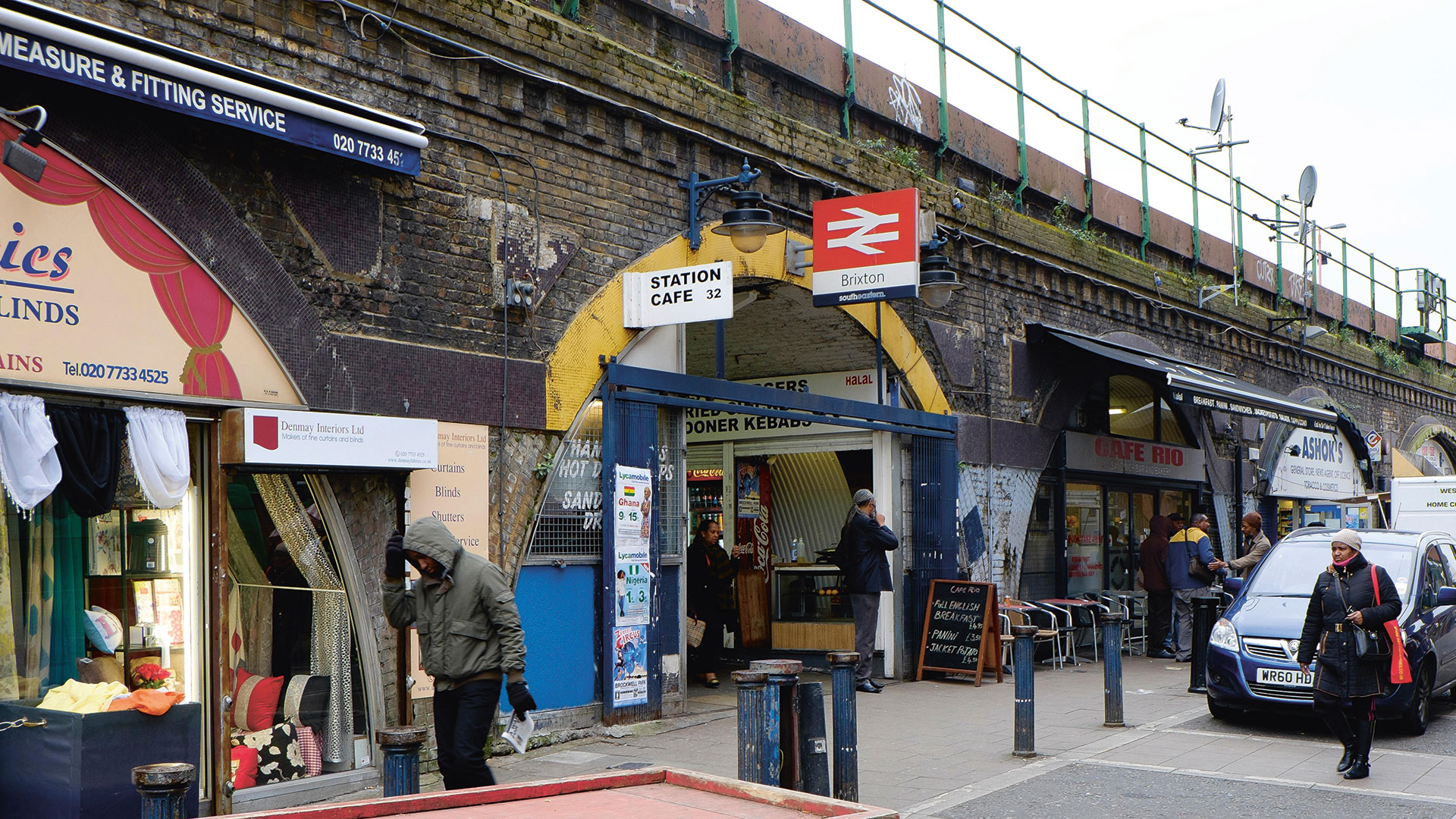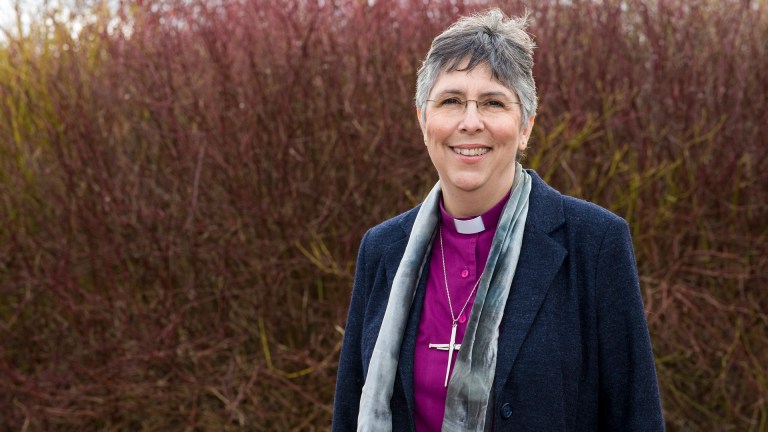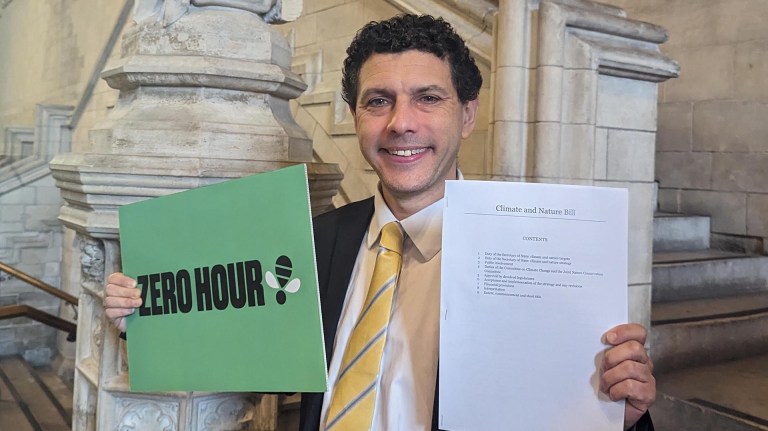Small, independent businesses are at the heart of what makes Hackney such a fantastic borough; they’re a vital part of the creativity, diversity and vibrancy which we’re known for.
They’re valued by the different communities they serve, play a key role in a complex economic environment and create thousands of jobs and opportunities for our residents. The workspaces from which they operate are the proving grounds for enterprises which can go on to become sector leaders.
I’ve been stating these truths, which of course apply to London and cities across the UK, throughout my time as directly elected Mayor of Hackney. I was saying it on a daily basis during our high-profile campaigning – alongside our business community, the East End Trades Guild, and neighbouring boroughs – against the government’s huge and ongoing hikes in business rates, which resulted in a 10,500-strong petition being handed to 10 Downing Street.
⚡️ Today, we set out our demands.https://t.co/Ila5rYa8B5
— Guardians of the Arches (@ArchesGuardians) August 6, 2018
Now, I’m regularly stating them again. This time the threat comes from Network Rail’s plan to sell off the management of its properties, including 4,500 railway arches, in one job lot. They’re down to the final four bidders in the contest for this portfolio, thought to be worth more than £1bn. We don’t know who the hopefuls are, but I doubt it’s much of a stretch to say their priority will be generating as much profit as possible for shareholders. That means increasing rents.
This is only the latest development in the plight of our independent business based in Network Rail arches, of which there are 182 in Hackney. Before the publicly-owned organisation announced it was selling off its arches to the private sector, it was already hitting its tenants with huge rent hikes, often at short notice with little room for negotiation. They seemed based on a crude measure of an area’s ‘market rate’, not taking into account specific circumstances, the need for balanced local economies with a variety of different business types – many of which will never be able to generate the same profit as others – or planning policies.









